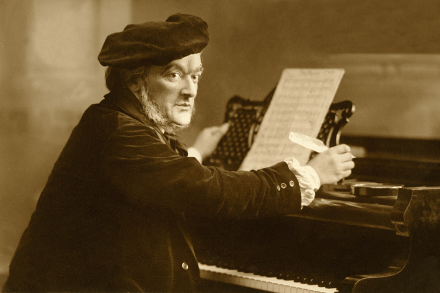Letters: The mass appeal of cathedrals
Mass appeal Sir: The upcoming ‘rave’ at Peterborough Cathedral follows the trajectory of using this sacred space as a mere entertainment venue (‘Raving mad’, 14 September). Previous secular attempts to commercialise include ‘experiences’ of the moon, dinosaurs, the deep sea and light shows. I assume the rave organisers did not witness the cathedral in June




















